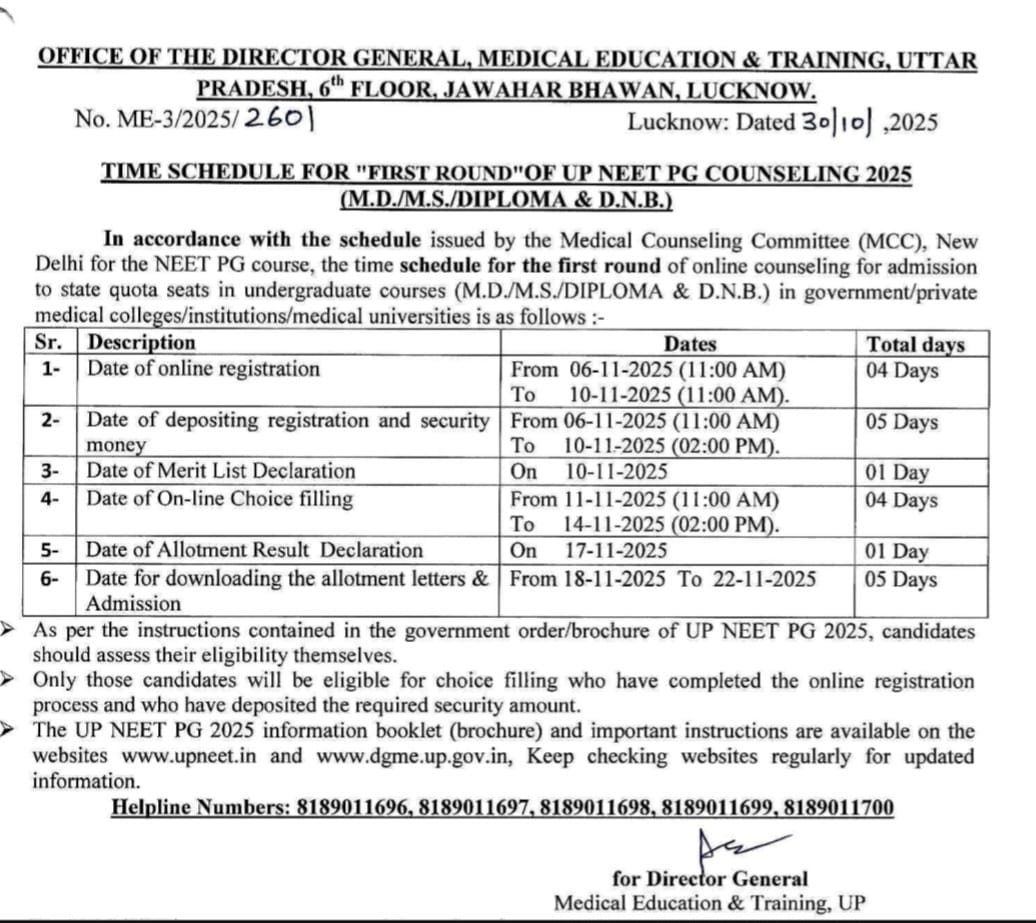The National Repatriate Indian (NRI) quota is a significant route for Non-Resident Indians (NRIs) to secure medical admissions in India, especially for courses like MBBS, MD, and MS. As medical education in India is highly competitive, the NRI quota provides an essential opportunity for NRIs to pursue medical courses in top Indian medical colleges. But what exactly is the NRI quota, how does it work, and what should you know before applying?
What is the NRI Quota?
The NRI quota refers to a specific number of seats reserved for Non-Resident Indians (NRIs), Persons of Indian Origin (PIOs), and Overseas Citizens of India (OCIs) in medical colleges across India. These seats are separate from the general category and are provided to help those living abroad gain admission to medical colleges in India.
These quotas are in place in both government and private medical colleges. The primary purpose is to allow NRIs, who may not have local residency status but still have strong ties to India, access to medical education in the country.
NRI Quota for MBBS, MD, and MS Admissions
-
MBBS Admission: The NRI quota plays a crucial role in securing seats for undergraduate medical courses (MBBS) in India. With increasing competition in entrance exams like NEET, this quota provides NRIs a chance to bypass the intense cut-offs of the open category. However, it’s important to note that the fee structure under the NRI quota is generally much higher than for regular students.
-
MD/MS Admission: For postgraduate courses like MD (Doctor of Medicine) and MS (Master of Surgery), the NRI quota continues to be a gateway for those who have completed their MBBS from India or abroad. The admission process for MD/MS under the NRI quota also involves an additional set of criteria, including eligibility checks and higher fee requirements.
Eligibility Criteria for NRI Quota
To qualify for the NRI quota for MBBS, MD, and MS admissions, the following eligibility criteria generally apply:
-
Nationality: You must be a Non-Resident Indian (NRI), or a Person of Indian Origin (PIO) or an Overseas Citizen of India (OCI). This means you must be living outside India for a significant amount of time (usually more than 183 days) in the past year.
-
Academic Qualifications: For MBBS, you must have completed your higher secondary or equivalent exams with Physics, Chemistry, and Biology as core subjects. For MD/MS, you must have a recognized MBBS degree.
-
NEET Scores: While the NRI quota allows certain relaxations, candidates still need to clear NEET UG (for MBBS) or NEET PG (for MD/MS). Some states also require additional counseling or application procedures for NRI quota seats.
-
Proof of NRI Status: Proof of your NRI status (such as an NRI passport or visa) is required at the time of application.
Fee Structure Under NRI Quota
One of the key features of the NRI quota is the fee structure. The fees under this quota are typically much higher than those for regular Indian students. While the exact fee varies by institution, it’s common for private medical colleges to charge anywhere between INR 10 to 50 lakhs per annum for MBBS under the NRI quota. For MD and MS programs, the fees can go even higher, depending on the institution’s reputation and location.
Advantages of NRI Quota Admission
- Access to Top Medical Colleges: With the NRI quota, students get a chance to study in some of the best medical colleges in India, which might otherwise be out of reach due to intense competition.
- Specialized Seats: These seats are separate from the general admission process, making it easier for NRIs to get an edge over others.
- No State-Level Reservation: Unlike some states that have their own quotas, NRI quota seats are available at the national level, thus providing opportunities in multiple states.
Challenges to Consider
- High Fees: As mentioned, the NRI quota seats come with a significant price tag. It's important to be financially prepared for this expense.
- Limited Seats: The number of NRI quota seats is limited, and these are often highly competitive, with many applicants vying for a seat.
- Admission Process: The process for applying under the NRI quota can sometimes be complicated and varies by state and institution. It is essential to stay informed about deadlines and documentation requirements.
How to Apply for NRI Quota
-
Step 1: Research Colleges and Courses: Start by identifying the medical colleges that offer NRI quota seats for the course you are interested in (MBBS, MD, or MS).
-
Step 2: Check Eligibility Criteria: Make sure you meet the eligibility criteria, such as having completed the necessary educational qualifications and clearing NEET.
-
Step 3: Apply Online or Offline: Some colleges have a centralized application process, while others may have separate procedures. Make sure to follow the specific admission process outlined by the institution.
-
Step 4: Attend Counseling: Many states hold special counseling sessions for NRI quota seats. Ensure you register and participate in the counseling process if required.
-
Step 5: Submit Documentation: Prepare all necessary documents, including proof of NRI status, educational certificates, NEET scorecards, and other relevant paperwork.
- #NRIQuota
- #MBBSAdmission
- #MedicalEducationIndia
- #NEETUG2025
- #NEETPG2025
- #MDMSAdmission
- #NRIStudents
- #StudyInIndia
- #IndianMedicalColleges
- #MBBSIndia
- #NRIQuotaSeats
- #MedicalAdmission2025
- #OverseasIndianStudents
The NRI quota offers a valuable opportunity for Non-Resident Indians, PIOs, and OCIs to gain admission to MBBS, MD, and MS programs in India. While the process may seem intricate, understanding the eligibility criteria, fee structures, and application procedure can make your journey much smoother. Keep an eye on the trending hashtags and updates in the medical education sector to stay ahead and make informed decisions.
If you have any questions or need assistance with the NRI quota admission process, feel free to reach out to experts or college admission counselors. Best of luck with your medical journey!



